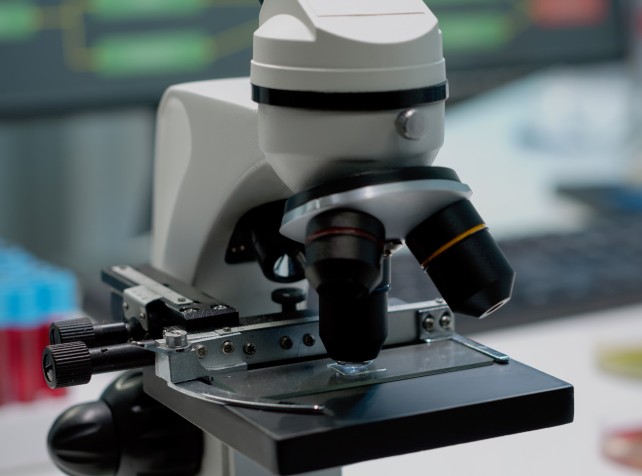The liver could play a role in controlling the internal body clock, previously thought to purely be the domain of the brain.
Research led by University of Queensland scientists indicates the circadian clock can have its rhythms modified by liver cells, a finding that could have implications for dealing with metabolic diseases.
Subscribe for FREE to the HealthTimes magazine
Associate professor Frederic Gachon from the university's Institute for Molecular Bioscience said the circadian clock helps control most biological functions including sleep, hormone secretion, body temperature and metabolism.
In an experiment, mice were given human liver cells, triggering distinct changes in their body clocks.
"Mice are nocturnal but when their liver cells were replaced with human cells, their circadian clock advanced by two hours - they ate and slept at different times to mice without those transplanted cells," Dr Gachon said.
FEATURED JOBS
Programmed Health Professionals
Programmed Health Professionals
Programmed Health Professionals
"The mice in our study started to eat and be active before night-time began, which is very unusual for a nocturnal animal."
Dr Gachon said the circadian rhythm was previously believed to be exclusively controlled by a central circadian clock made up of brain cells, called the suprachiasmatic nucleus.
He said the study proved liver cells in a mouse could modify circadian behaviour and influence the central body clock.
"Liver disease and metabolic diseases such as diabetes and obesity are associated with disrupted sleep, irregular eating and a disturbance of the circadian clock," Dr Gachon said.
"This study suggests that the abnormal liver function is likely driving this disturbed rhythm.
"Our study deepens our understanding of the hormonal and neuronal mechanisms involved in the role of the liver in controlling circadian rhythms."
The research findings suggest that restoring liver physiology could benefit the health and wellbeing of patients.
"It also shows that the regulation of circadian rhythms is more complex than we suspected and presents avenues for investigating potential new treatments for metabolic diseases," Dr Gachon said.
The research findings were published in the journal Science Advances.












